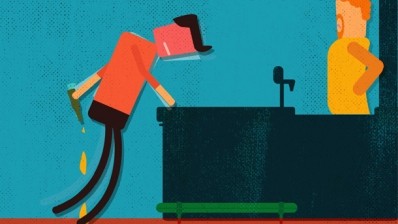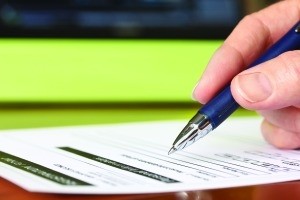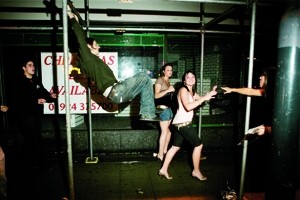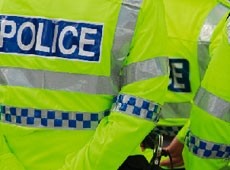Top tips on dealing with drunk customers
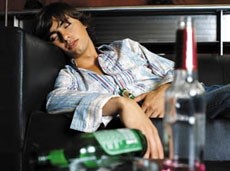
What is a drunk man’s idea of a balanced diet? A drink in each hand. But as operators across the country will know, dealing with drunks on a daily basis is no joke.
But how seriously do the police take the issue of serving drunks? Well, did you know that in 2012 there were only 18 prosecutions for serving drunk people? What, only 18 out of the millions of drinks sold during the year, I hear you say? Surprising, isn’t it?
That statistic may look like the police don’t mind how intoxicated your customers become. However, we have witnessed increasing enforcement across the country in recent years and operators need to take care not to fall foul of the police and local enforcement teams.
So what is the legal position? Section 141 of the Licensing Act 2003 makes it an offence to knowingly sell or attempt to sell alcohol to a person who is drunk, or to knowingly allow alcohol to be sold to such a person on licensed premises.
But what is ‘drunk’? Unfortunately, there is no precise legal definition, but in one case the court said that the ordinary and natural meaning of the word ‘drunk’ was the same as the dictionary definition, which refers to “having drunk intoxicating liquor to an extent that affects steady self-control”.
Here are some tips for dealing with intoxicated customers.
- Ensure that your staff (including your doorstaff) are trained to look for the signs of intoxication or evidence of pre-loading.
- Refuse entry to anyone who is — or appears to be — drunk.
- Make sure your staff have knowledge of ABVs and alcohol units. Your staff should have this knowledge for all of the drinks on sale in your premises, particularly the most popular.
- Encourage your customers to drink water and eat food. If possible, have food available for your customers during all hours of service.
- Be alert in case customers buy on behalf of drunken people.
- If you or your staff are in doubt about whether a customer is drunk, refuse to serve.
- In the event that you encounter a drunken customer, avoid confrontation and give clear reasons for your actions. Let the customer know your venue’s policy on intoxication and the law.
- Ensure your promotions are responsible and do not encourage drunkenness. Consider the Government’s sensible drinking guidelines. Promotions should not encourage speed drinking or condone or encourage excessive or irresponsible drinking.
- Keep track of social media relating to your premises. You may unwittingly have become known as a place where it is acceptable to be drunk. You might have become an enforcement target for the police and local licensing teams.
- For larger premises, consider employing an ‘intoxication marshal’ to monitor, assist and protect your customers.
You might be concerned that your profits might be hit if you refuse customers who are drunk. You may worry that your reputation for being a ‘fun’ place to go may be damaged.
But remember the considerable dangers to your licence and the risk of enforcement if you do not have a carefully planned strategy for dealing with drunks.
